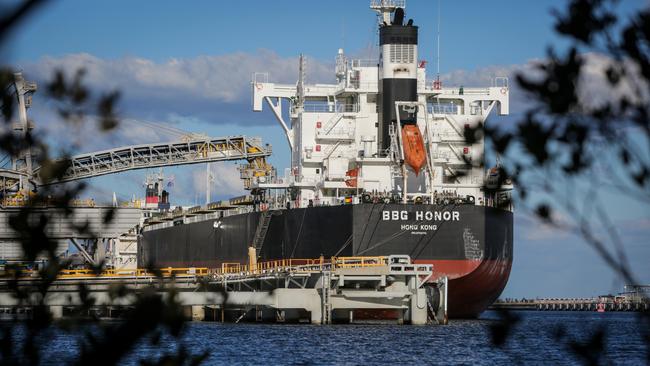Navigating the Port of Newcastle’s price tactics


The port is seeking a long-term pricing deal with coal exporters, offering discounted rates for long-term customers ahead of a big fee hike this week.
The “discount” on offer is from what the Australian Competition and Consumer Commission thinks is an inflated price, and before the Full Federal Court rules on an appeal against the last pricing decision by both the regulator and the port’s biggest user, Glencore.
The ACCC will not be amused at these tactics.
ACCC chief Rod Sims said: “The Port of Newcastle is behaving like a monopoly.The discount it is offering includes the price users have already paid for the asset and is 25 per cent above the price we deemed reasonable.”
The port is using a $1.04 base price, which is what the Competition Tribunal used in its pricing decision, but which is also under appeal.
The key reason for the appeal by the ACCC and Glencore is that the $1.04 charge includes the $912 million exporters paid for dredging.
If that cost is removed the Competition Tribunal pricing would be more like 61 cents, which is what users will be charged under the port’s 10-year price deal.
The Port of Newcastle presently charges 78 cents a tonne and if exporters don’t sign up to its 10-year deal then the price will jump next year to the $1.04 price set by the tribunal.
This is the ruling under appeal and the so-called discount may well prove illusory.
The ACCC had concluded a fair price for port charges would be 62 cents a tonne against the 78 cents charge now and the $1.04 price suggested by the tribunal which includes the dredging charge.
Mr Sims added:“The coal companies are being asked to pay for an asset twice.”
Soon after buying it for $1.8 billion in 2014 the China Merchants Port Holdings-controlled port increased its valuation to $2.4 billion and ramped up prices accordingly.
It is the only port of access for Hunter Valley coal and the port is exploiting its monopoly powers.
The NSW Government won an inflated price on the sale by not attaching pricing regulations to the sale.
It has been subject to a regulatory battle ever since, right up to the High Court and back.
This uncertainty is what the port is trying to exploit with its latest PR stunt.



The battle at the Chinese-controlled Port of Newcastle is over regulation and the port’s attempt to avoid it, as shown by the masterful spin in its latest selective discounts.